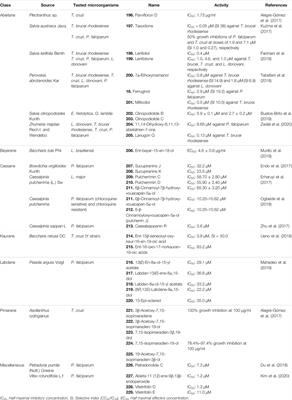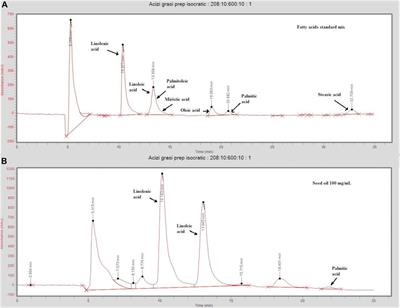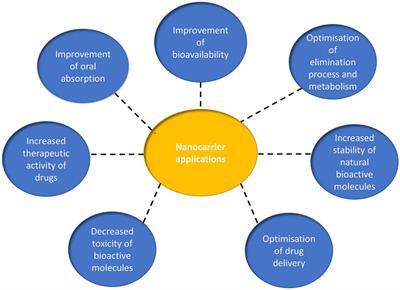EDITORIAL
Published on 07 Dec 2022
Editorial: Natural products as potential therapeutics to tackle life-threatening infections: From field to market
doi 10.3389/fphar.2022.1099181
- 784 views
18k
Total downloads
76k
Total views and downloads
Select the journal/section where you want your idea to be submitted:
EDITORIAL
Published on 07 Dec 2022
REVIEW
Published on 02 Jun 2022

ORIGINAL RESEARCH
Published on 03 Mar 2022

SYSTEMATIC REVIEW
Published on 28 Feb 2022

METHODS
Published on 28 Jan 2022

ORIGINAL RESEARCH
Published on 10 Dec 2021

ORIGINAL RESEARCH
Published on 27 Oct 2021

ORIGINAL RESEARCH
Published on 08 Oct 2021

REVIEW
Published on 06 Sep 2021

